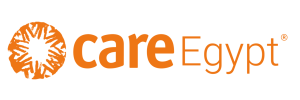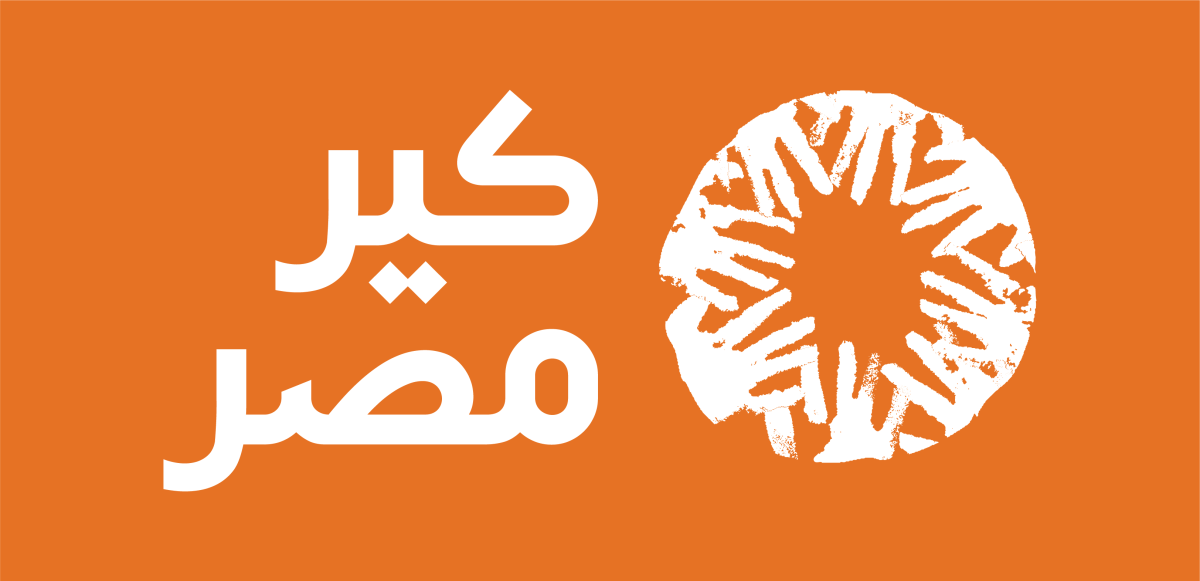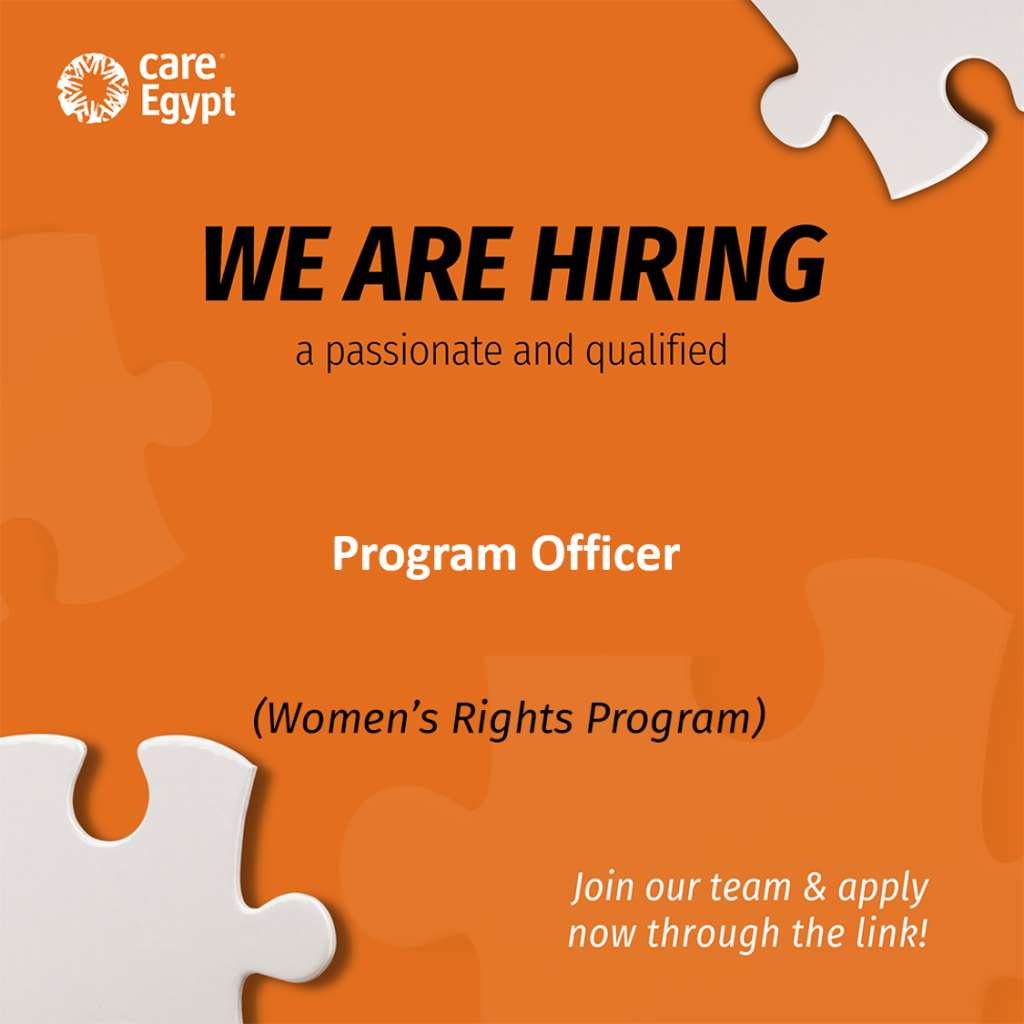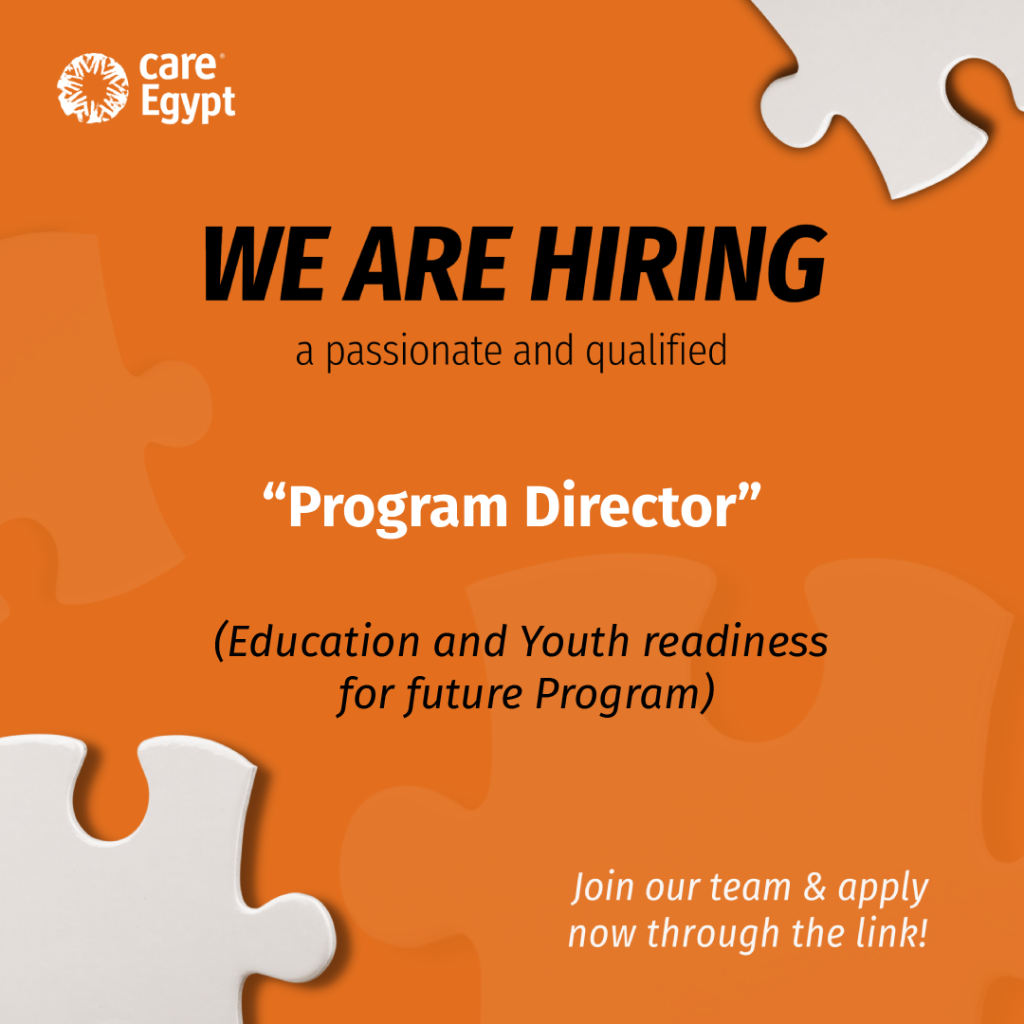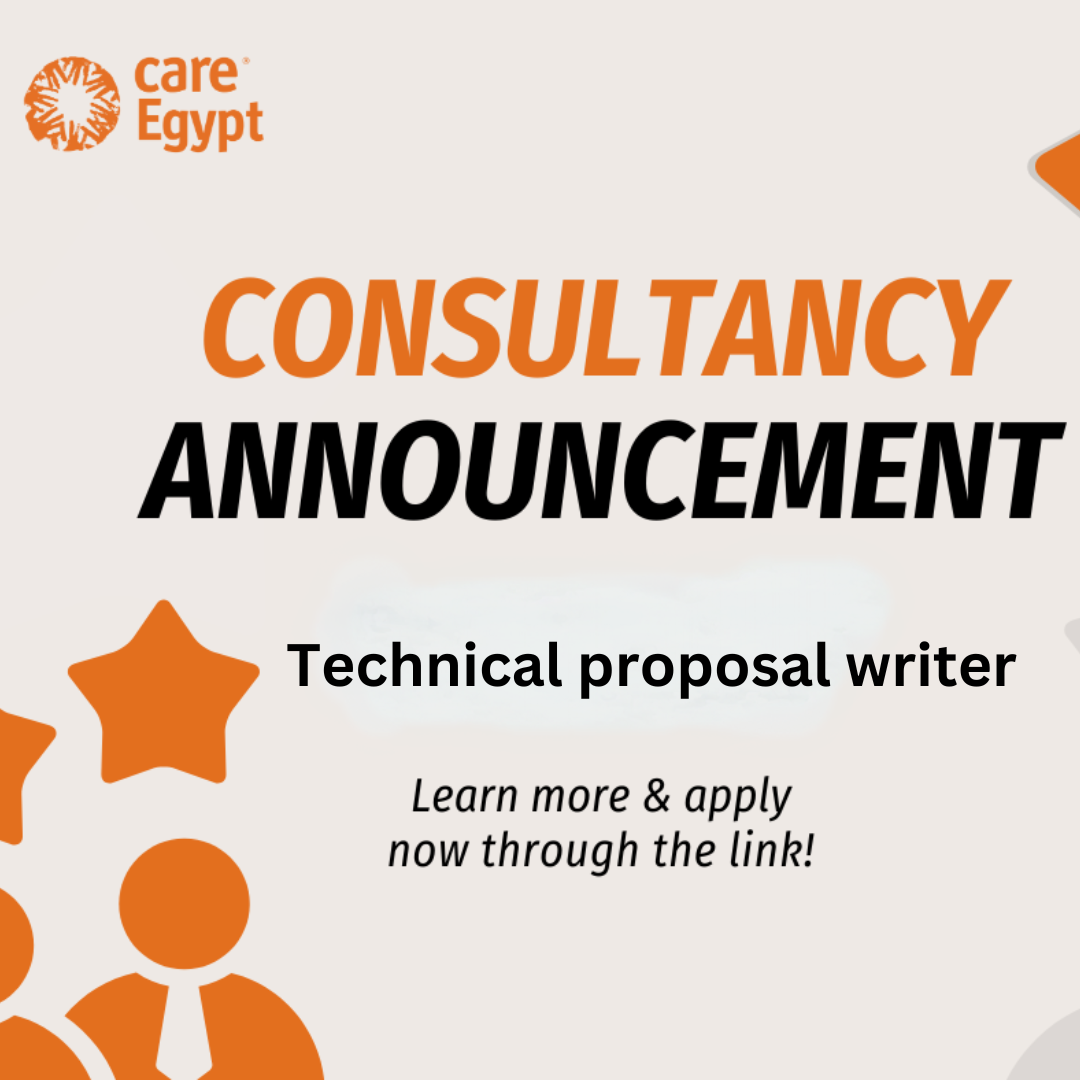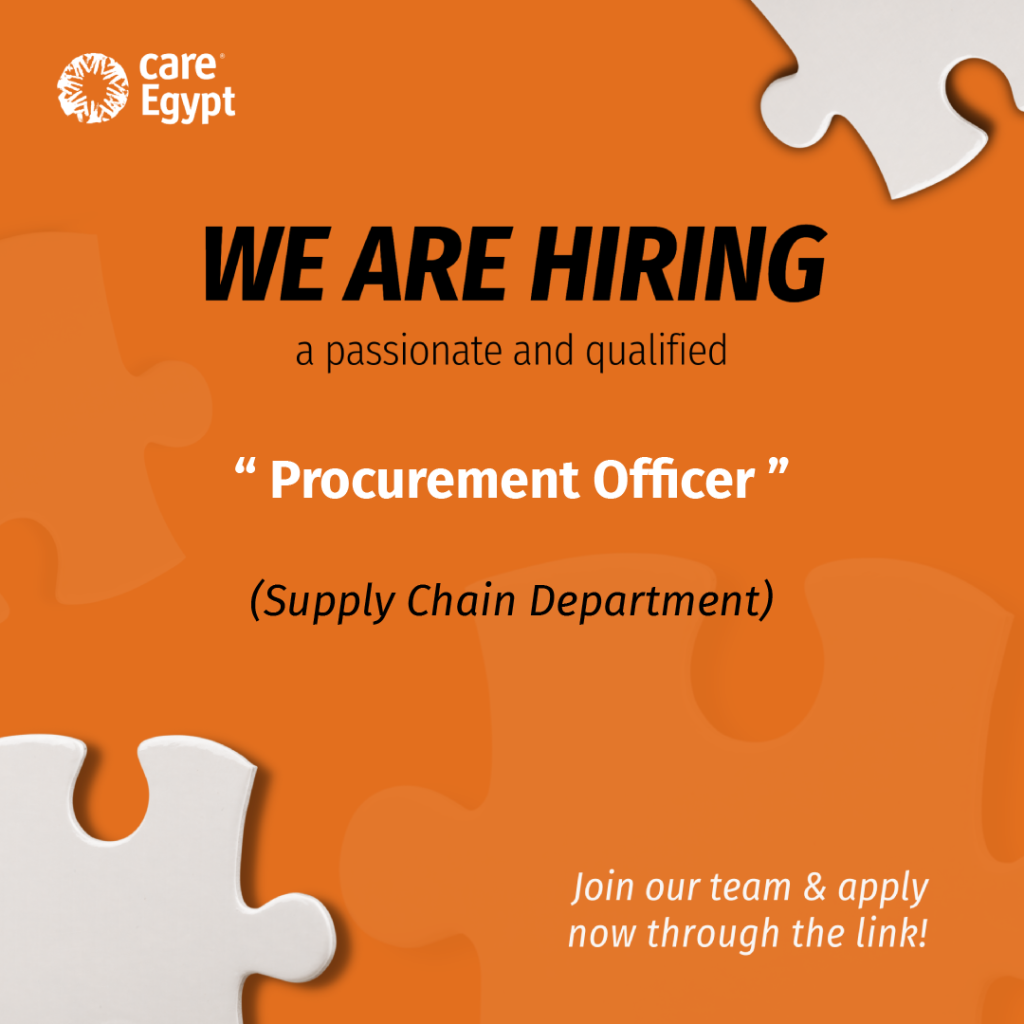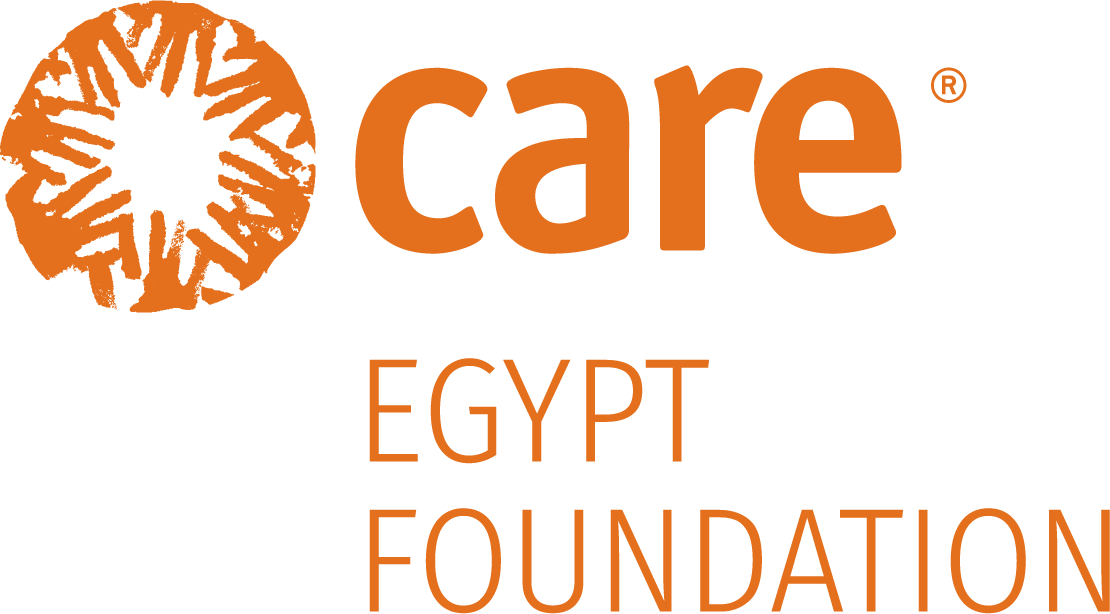مقدمة عن مؤسسة كير مصر للتنمية
تقوم مؤسسة كير مصر للتنمية المقيدة برقم 833 لسنة 2018 فى الإدارة المركزية للجمعيات بوزارة التضامن الاجتماعى، بالبناء على إرث وخبرات هيئة كير الدولية في مصر منذ عام 1954، من خلال تصميم وتنفيذ وإدارة برامج ومشروعات تنموية تهدف إلى مساعدة المجتمعات الأكثر احتياجا في مصر، من خلال بناء شراكات إستراتيجية مع القطاع الحكومي والقطاع الأهلي والقطاع الخاص، للمساعدة في تلبية الاحتياجات الأساسية وتحسين نوعية ومستوى الحياة بشكل مستدام ومتسق مع الثقافة والواقع والسياق المحلي والوطني
نبذه عن البرنامج
بينما يواجه اللاجئون العديد من المصاعب، بما في ذلك الصدمات النفسية، وانعدام الفرص، ومخاطر الحماية، فإن المجتمعات المحلية المضيفة تكافح أيضًا من أجل مواصلة جهودها الإنمائية في ظروفا تدفق غير عادية للوافدين الجدد. ومع تزايد طول أمد اللجئين ف العالم أجمع، تركز الاستجابات أكثر على الحلول الدائمة المدعومة ببرامج أكثر كرامة وشمولًا للاجئين والمجتمعات المحلية التي تستضيفهم
استجابة للتحديات التي تواجه المجتمعات المضيفة واللاجئين على حد سواء، أُطلقت مبادرة شراكة جديدة بعنوان: “PROSPECTS – وهي شراكة لتحسين مستوى التوقعات للمجتمعات المضيفة واللاجئين قسراً، تلك المبادرة أطلقتها حكومة هولندا التي تجمع بين المؤسسة المالية الدولية ومنظمة العمل الدولية ومفوضية الأمم المتحدة لشؤون اللاجئين ومنظمة الأمم المتحدة للطفولة (اليونيسيف) والبنك الدولي. لهذه الشراكة أفق زمني أولي مدته أربع سنوات، حيث سيركز الشركاء جهودهم في تطوير نماذج جديدة في الاستجابة لأزمات النزوح القسري في 8 دول (مصر وإثيوبيا والعراق والأردن وكينيا ولبنان والسودان. وأوغندا)
ويتمثل الهدف العام لبرنامج «آفاق» في مصر في تحسين مستويات المعيشة والشمول للاجئين وملتمسي اللجوء والمجتمعات المضيفة المهمشة، من خلال الإسهام في توسيع نطاق الفرص الاجتماعية – الاقتصادية من خلال تحسين التعليم وتعميم تدخلات الحماية.
مع التركيز الجغرافي على القاهرة الكبرى والإسكندرية ودمياط، لتنفيذ البرامج المختلفة منها برنامج ريادة الأعمال لدعم وتطوير المشروعات الريادية ذات الصبغة الاجتماعية على وجه التحديد
وصف مفصل للمشروع
تستضيف مصر أكثر من 270 ألف طالب لجوء ولاجئ مسجل من قِبل 65 دولة. غالبية هؤلاء اللاجئين هم من الدولة السورية، تليها السودان وجنوب السودان وإريتريا وإثيوبيا واليمن والصومال
يعيش اللاجئون وطالبو اللجوء في المناطق الحضرية في مصر ويتركزون إلى حد كبير في القاهرة الكبرى والإسكندرية ودمياط. من أجل ذلك؛ ركزت هيئة كير مصر جهودها على المحافظات التي تستضيف غالبية اللاجئين في مصر، مع التركيز الشديد على أعلى تجمعات اللاجئين: القاهرة الكبرى والإسكندرية ودمياط. وقد تم تحديد القاهرة الكبرى باعتبارها الموقع الرئيسي لاستضافة اللاجئين من جنسيات متعددة
يهدف مشروع هيئة كير مصر المُقترح “ريادة الأعمال المجتمعية- ابدأ مشروعك” إلى تحسين مستويات المعيشة والشمول للاجئين وطالبي اللجوء والمجتمعات المضيفة عن طريق المساهمة في توسيع الفرص الاجتماعية والاقتصادية من خلال التعليم الأفضل وتعميم تدخلات الحماية
يشجع المشروع ريادة الأعمال الاجتماعية كمحرك أساسي للتغيير الاجتماعي ويدعم المجموعات المستهدفة لتحويل أفكار الأعمال الاجتماعية إلى كيانات مستدامة تعمل أيضًا كحلول تتمتع بالاستدامة لمواجهة لتحديات وخدمة احتياجات المجتمع، مع التركيز بشكل خاص على الفئات الأكثر تهميشًا كالاجئات من النساء الفتيات
يواجه اللاجئون العديد من العقبات عندما يتعلق الأمر بالتوظيف؛ وذلك لأن معظم الحكومات تشعر بالقلق عندما يتعلق الأمر بإمكانية تسبب اللاجئين وطالبي اللجوء قد في إزاحة السكان المحليين عن وظائفهم، مما يجعل من الصعب عليهم الحصول على وظائف بدوام كامل
لذلك يهدف المشروع المقترح إلى دعم إنشاء الأعمال التجارية وزيادة فرص التوظيف ضمن مجموعات اللاجئين. وهو أيضًا يركز على
ثلاث نتائج رئيسية
- تعزيز ريادة الأعمال الاجتماعية في المجتمعات المحلية
- التدريب على تطوير المشروعات الاجتماعية
- دعم تطوير الأعمال وتقديم الدعم لمراحل ما بعد التدريب
الغرض من تلك المهمة الاستشارية
- توفير مساحة تأجير مشتركة ملامة ومناسبة لاحتياجات لمعروضات المستفيدين
- تشجيع العارضين على الظهور والاحتكاك المباشر بالجماهير عن طريق حركة البيع والشراء
- تيسير الوصول للعملاء من خلال اختيار المكان والتوقيت اليومي المناسب بحسب أوقات وجود الجماهير
- توفير الدعم المتخصص لأصحاب المشاريع ذات البعد الاجتماعي من خلال المعرض
الأهداف والمخرجات الرئيسية المتوقعة خلال المهمة الاستشارية
الالتزام بتوفير مساحة تأجير للعارضين بحد أقصى 20 طاولة أو خيمة، ويمكن أن يتم تقسيمهم على أكثر من يوم، (2-4) أيام
محافظة القاهرة في إطار المناطق الآتية: الرحاب- مدينة نصر- القاهرة الجديدة-العبور- السادس من أكتوبر
Electronic invoice is required
Deadline for sending the technical and financial proposal 07 October، 2024 Prior 11:59 pm.; submission is only accepted via using the below form
